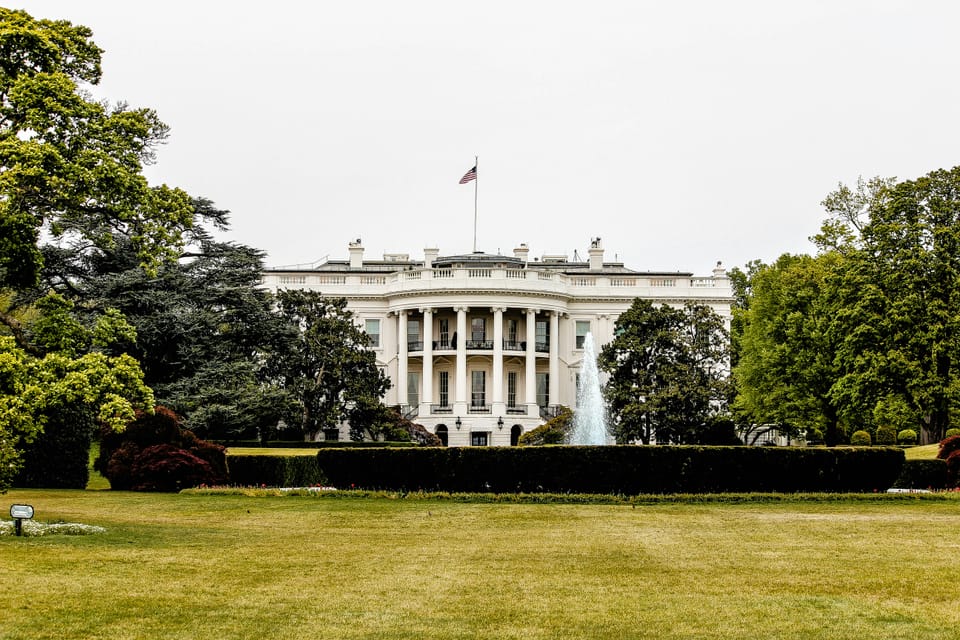US government approves US$4.3bn in climate grants from Inflation Reduction Act

The Biden administration, through the Environmental Protection Agency (EPA), has approved US$4.3 billion in grants for carbon reduction projects across the country as part of the Inflation Reduction Act.
The 25 selected projects aim to implement initiatives ranging from zero emissions transportation and renewable energy development to energy-efficient buildings, reforestation and waste management. They come from states, cities, tribal governments or coalitions of these.
The Climate Pollution Reduction Grants program was created under the Inflation Reduction Act – President Biden’s flagship climate law – and is managed by the Environmental Protection Agency. Overall, the grants will fund initiatives in 30 states and are expected to cut greenhouse gas emissions by 148 million tonnes by 2030 (about 2% of the US’ 2022 footprint), and 971 million tonnes by 2050.
Commenting on the announcement, President Biden – who just dropped out of the presidential race – said: “We are using every tool in our toolbox to reduce pollution, lower families’ energy costs, advance environmental justice, and make our communities more resilient. Today my Administration is empowering local communities across 30 states to cut pollution and fight the climate crisis – from curbing greenhouse gas emissions in Pennsylvania to flood-proofing infrastructure in North Carolina.”
Accelerating climate funding ahead of US presidential election
The grants’ approval comes just over three months before US citizens elect their next president – with Donald Trump leading in current polls. Joe Biden announced that he was stepping aside on July 21, following growing pressure from top representatives of the Democratic Party who worried the President’s low approval ratings would likely precipitate the US towards a second Trump presidency.
Trump favoured fossil fuel development during his presidency from 2017 to 2021 – and has pledged to do the same if he wins a second term in November – as well as rescinding “every one” of Biden’s climate regulations, including the Inflation Reduction Act.
Now that he is out of the race, Biden has endorsed his Vice President, Kamala Harris, to become the Democratic Party’s presidential nominee, but the candidate will only be confirmed at next month’s party convention in Chicago.
Harris, a former California senator and attorney, is perceived as an “impactful climate champion”, with a track record of supporting more federal climate funding and prosecuting several companies for violations of environmental laws.
A much-needed win for the EPA
The distribution of resources earmarked for climate action through the Inflation Reduction Act can be considered a win for the EPA – after Trump-era policies and appointments significantly weakened its ability to act against climate change.
In May 2024, the Supreme Court (of which three conservative-leaning justices were appointed by Donald Trump during his presidency) overturned the so-called Chevron doctrine, a 1984 decision that meant courts had to defer to the expertise of federal agencies on how to interpret ambiguous laws or statutes.
The ruling was seen as a massive blow to agencies like the EPA, weakening their authority to enforce their own rules, and giving free range to judges on how to interpret them. It was the latest of several similar rulings over the past few years: in 2022, the Supreme Court struck down the EPA’s Clean Power Plan, which aimed to cut electricity emissions by requiring states to come up with a power transition plan.







Member discussion